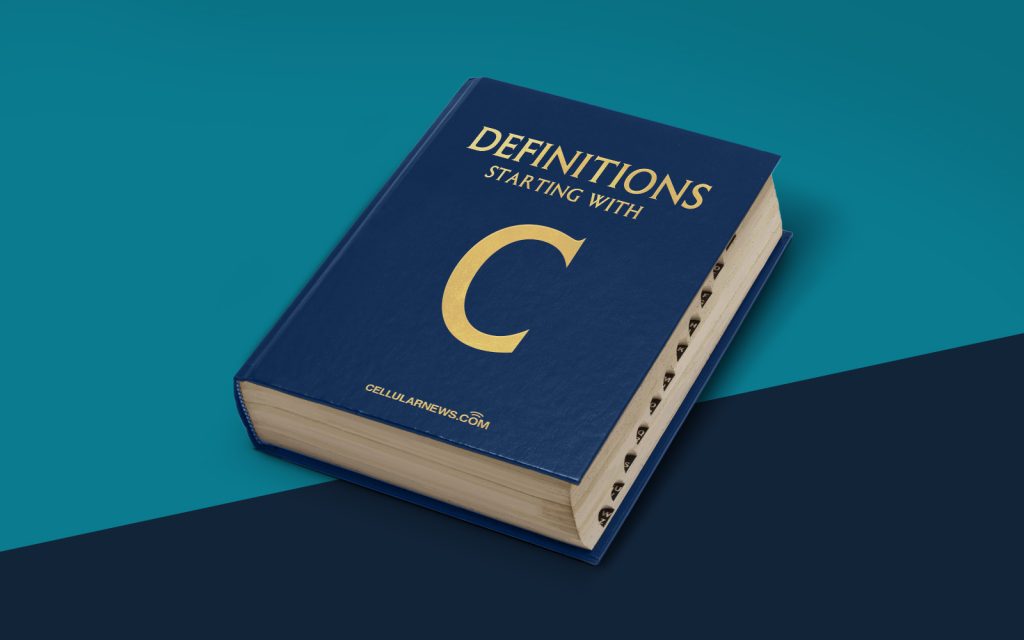
Welcome to the World of Core Classes!
Have you ever heard the term “core class” and wondered what it really means? Well, wonder no more! In this article, we will take a deep dive into the intriguing world of core classes. So, grab your notebooks and get ready to learn!
Key Takeaways:
- A core class is an essential or foundational course within a field of study.
- These classes provide a solid understanding of fundamental principles and skills.
What exactly is a Core Class?
A core class refers to a specific type of class that is considered essential or foundational within a particular field of study or industry. These classes are typically required for all students pursuing a degree or certification in that field. Core classes are designed to provide a solid understanding and knowledge base of the fundamental principles, concepts, and skills necessary to succeed in that area. They are the building blocks upon which more advanced courses are built.
Think of core classes as the stepping stones that pave the way to success in your chosen field. Here are a few key things you need to know about core classes:
1. Mandatory for Degree Completion
Core classes are typically required for all students pursuing a degree or certification in a specific field. These courses cover the fundamental concepts and theories that form the basis of that field. Whether you’re studying engineering, business, or even art, you will encounter core classes that lay the groundwork for your future studies.
For example, if you’re majoring in computer science, you might have to take core classes like “Introduction to Programming,” “Data Structures,” and “Computer Architecture.” These courses will provide you with a solid understanding of programming languages, algorithms, and hardware components – the fundamental knowledge needed to excel in the field of computer science.
2. Building Blocks for Advanced Courses
Core classes serve as the foundation for more advanced courses in your area of study. These courses build upon the knowledge and skills acquired in the core classes, allowing you to delve deeper into specific areas of interest or specialization. Without a solid understanding of the core concepts, it would be challenging to grasp the complexities of advanced coursework.
Using the example of computer science, once you have completed your core classes, you may have the opportunity to take advanced courses like “Artificial Intelligence,” “Database Systems,” or “Computer Graphics.” These courses rely heavily on the foundational knowledge gained from core classes and allow you to explore specialized areas within computer science.
Conclusion
So, there you have it – the fascinating world of core classes! These essential courses are the backbone of your educational journey, providing you with the necessary groundwork for success in your chosen field. Remember, embrace the core classes as the stepping stones that will lead you to new heights of knowledge and expertise.
